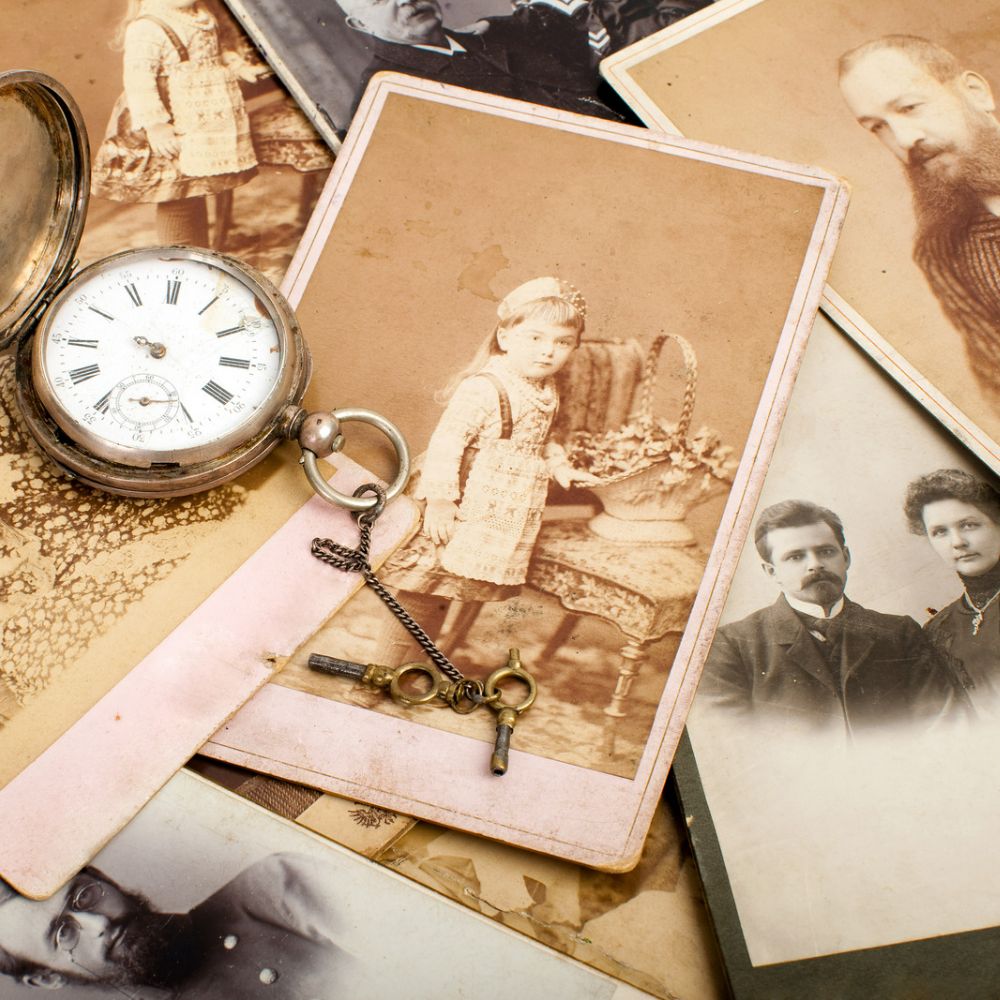All Articles & Guides / End of Life / Death Doulas and End-of-Life Care
The Essential Role of Death Doulas in End-of-Life Care
When you or a loved one is approaching the final days of life in this world, it can be helpful to have an experienced guide to help you. Medical professionals may have some training in the process, but they will be limited in the time they can spend with a patient and their family, and funeral directors will work with you after the transition is over, or if you're planning a funeral in advance. But who fills the gap in between? That's the job of an end-of-life doula – more commonly known as a death doula.
What is a death doula?
Sometimes also called a death midwife, a death doula is a person trained to assist the dying, their family, and their community through the final days of a person's life. While some doulas specialize in working with healthy people who are planning ahead and getting their legal forms in order, most are called in after a terminal diagnosis to act as a non-medical liaison between the healthcare professionals, hospice workers, funeral planners, and the family.
What does a death doula do?
Caring for a loved one who is dying can be very demanding on your time and energy, and it can be emotionally draining. A death doula can give you some time for self-care – either by sitting with the patient themselves or by organizing family and friends who volunteer their time for that purpose. But that's just one of the many ways they can assist.
When an end-of-life doula arrives at your home, they will usually start by asking these questions:
- Is there anything you need right now?
- Has there been any change in physical symptoms?
- Is there concern about the client falling?
- Does the client still have the desire to eat?
- Questions like these help the doula asses the current state of the patient's physical wellbeing, and their answers can be signs that your loved one is getting closer to passing. The death midwife can decide if a medical professional like a hospice nurse or doctor's office should be called.

In addition to ensuring the dying person's physical state is taken care of, they will also help with emotional and spiritual needs. As a person nears the end of life, it's important for them to feel loved, know they are forgiven for past mistakes, and communicate final thoughts, advice, and wishes to the people who are important to them. A death doula can help facilitate these conversations.
When the patient enters the final stages of death, the doula will help the family understand the very natural process of dying, including losing the urge to eat, speaking to people no one else can see, and even having a burst of energy and lucidity that might be very different from the days leading up to those moments. The doula will understand that those events are signs the time for goodbye is nearing.

The ultimate goal of a death doula is to help the dying person and their loved ones with a peaceful transition. It's an age-old and essential role that has been a missing piece of the dying process in Western civilization for a long time. But in recent years, its importance has become more apparent and people with the skills and temperament for the job are seeing its value and pursuing it as a career.
As more people live longer thanks to modern medicine and technology, the elderly segment of the population continues to grow, and the need for end-of-life doulas is growing, too. While there is no license or formal education required for the job, there are many certification courses available, and the organizations that back those courses have set guidelines for ethics and basic standards that death doulas should adhere to.

What does a death doula cost?
The cost of hiring a death midwife will depend on your location and their availability. Some doulas charge by the hour while others will contract for a flat rate. Their level of experience will also be a determining factor, with more seasoned doulas charging more. It's wise to interview death doulas the same way you might interview anyone else you would hire – ask about their education, experience, and references, and get a sense of whether their personality will be a good fit.
If you're interested in learning more about end-of-life doulas, The National End of Life Doula Alliance is a great resource to get you started. For additional articles on end-of-life planning, check out our other Guides articles.
Related Content





